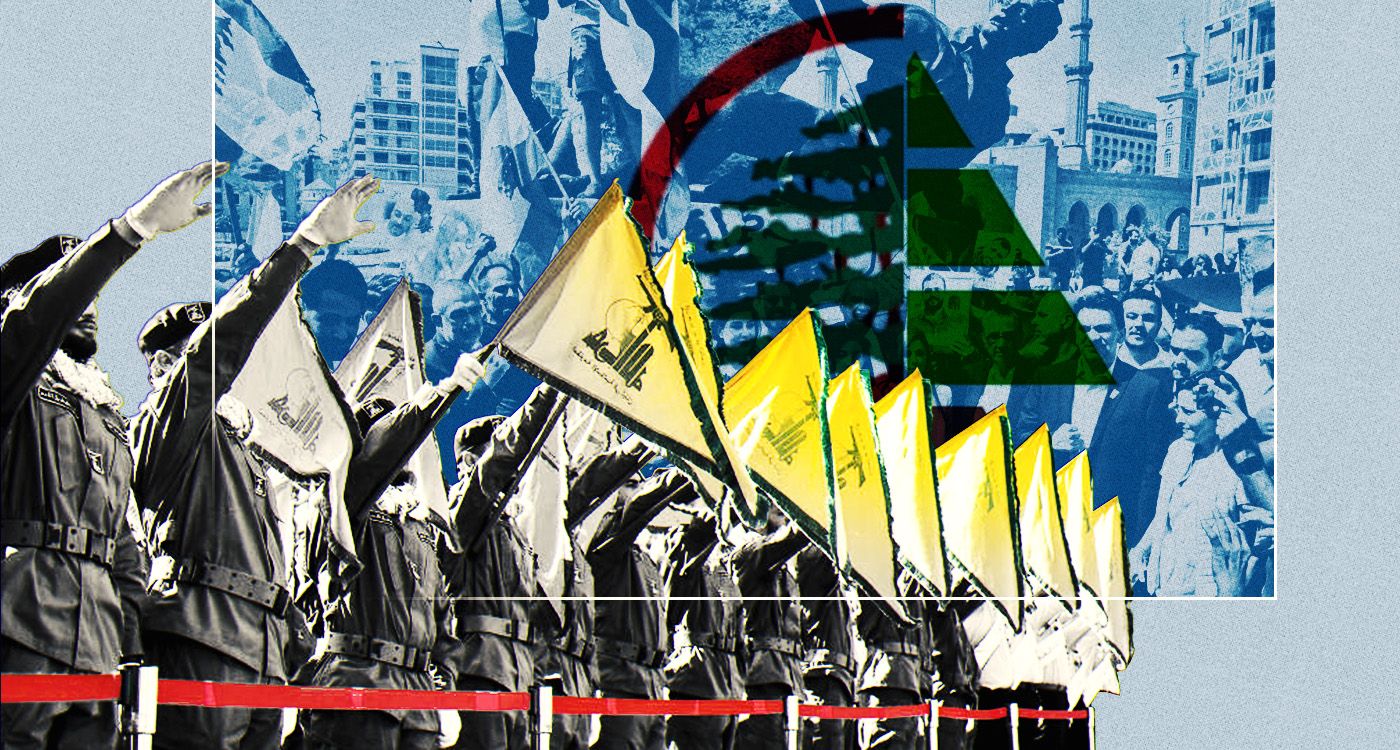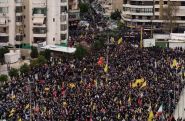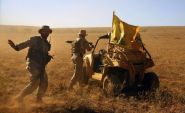
Hezbollah’s opposition forces have once again revealed their division and inability to achieve real unity, unlike the solid cohesion among the party’s supporters, despite occasional disagreements surfacing for various reasons.
For instance, if a meeting was required for Hezbollah’s supporters, the Free Patriotic Movement (FPM) and the Marada Movement would have set aside their differences over the presidency dossier and met with other leaders to discuss the relevant details.
Meanwhile, the opposition’s methods, perspectives and goals remain inconsistent, with the parties involved unable to move beyond formalities, as was clearly evident at the Meerab meeting on Saturday.
In fact, none of the opposition parties were willing to grant legitimacy to Samir Geagea (leader of the Lebanese Forces) to lead the opposition, although he holds the largest parliamentary bloc. Furthermore, none of the parties were ready to forgo the formalities associated with convening the meeting in Meerab. Although alternative proposals to hold the gathering elsewhere were discussed, Meerab ultimately remained the chosen location.
In this context, the Progressive Socialist Party (PSP) chose to remain on the sidelines, awaiting a new positioning amid the ongoing war, and it did not want to associate itself with a statement that opponents wrongly claimed echoed the 1982 period. This comparison is unjust, as the statement did not endorse Samir Geagea or any other candidate for the presidency. Instead, it adhered to the principles advocated by the LF since 2005 and the period that followed.
The Kataeb Party was also absent, sidelined by well-known conflicts within the Christian sphere and political tensions—weaknesses that the opposing bloc has successfully avoided, fostering a stronger sense of unity. Meanwhile, Bikfaya and Meerab navigate minor issues, such as the implications of a single parliamentary seat, with heightened sensitivity. Sami Gemayel is unlikely to yield leadership of the opposition to Samir Geagea, as he seeks to establish himself as the legitimate successor to this opposition in the wake of the Lebanese Forces.
As for the Sunni MPs, each articulates their views independently, resulting in a lack of unified strategy. However, they are highly concerned about associating with Meerab, fearing that such a connection would tie them to the implications of Israel's influence in the region. Meanwhile, the MPs who emerged from the 2019 revolution remain active, are now publicly known and divided into four distinct groups.
The first group comprises MPs from Hezbollah who have adopted the guise of revolution, convinced they can deceive the public—and, unfortunately, they have succeeded. The second group consists of ambiguous MPs, devoid of distinct identity or character, who attempt to portray an image that everything is going well on their side of the world. They shy away from taking a stand on sensitive issues, forgetting the principles of the revolution that led to their election. The third group consists of MPs who are silent and lack rationality; they can truly be regarded as random MPs, as they have little to no understanding of fundamental political concepts. Finally, MPs who are part of the fourth group, although a small minority, advocate for their ideas because they recognize their potential to make a difference.
The opposition has yet to achieve any level of unity, even on the surface, and Meerab's meeting did not yield significant results. Most Lebanese navigate the shifting landscape with fear and caution, hesitant to make decisions until they fully grasp the direction of events. This situation underscores a focus on self-interest rather than national interest.



Comments